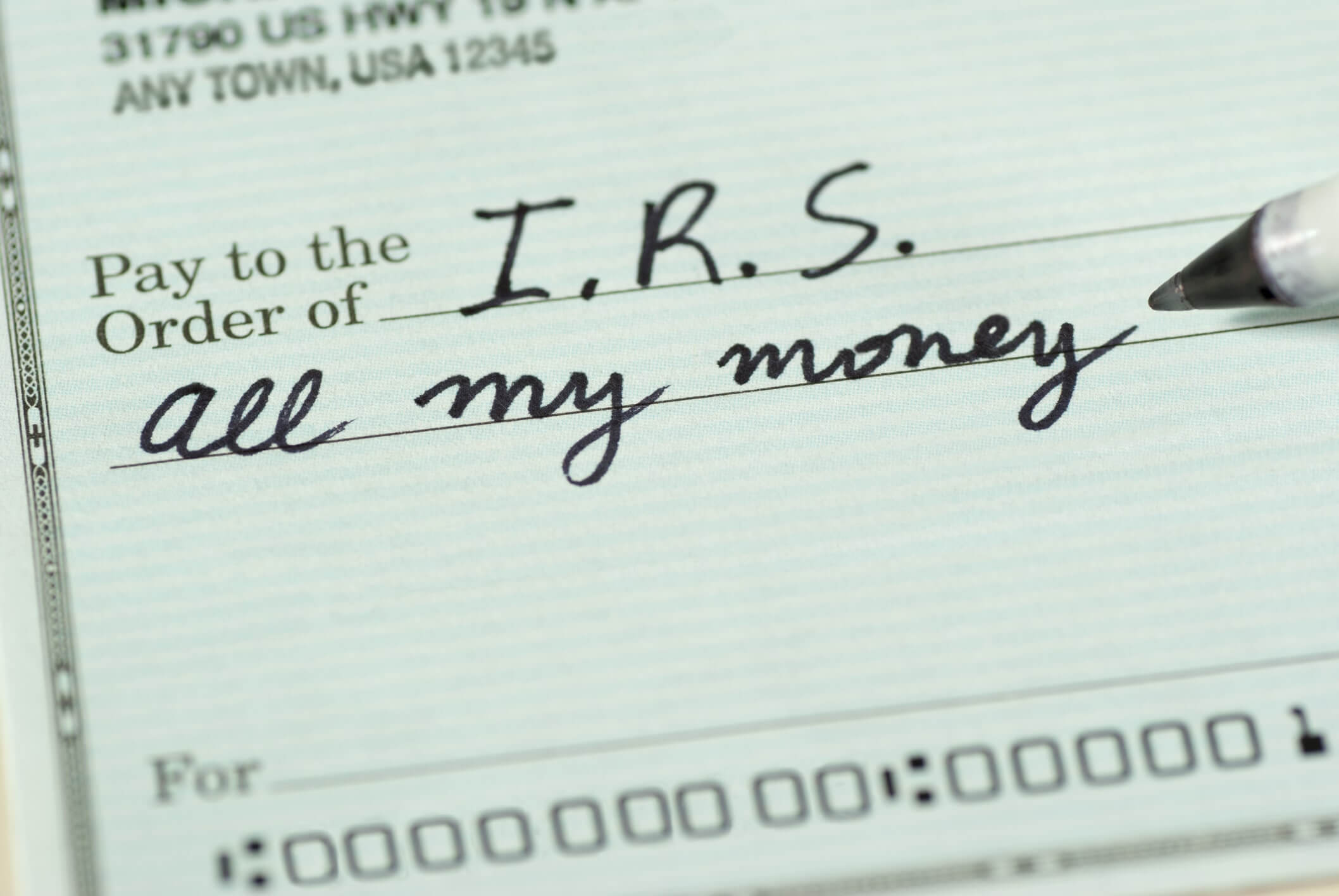 Dealing with tax debt can be overwhelming, especially when it becomes unmanageable and starts to impact your financial well-being. If you’re facing mounting tax obligations that you’re unable to pay, bankruptcy may be a viable solution.
Dealing with tax debt can be overwhelming, especially when it becomes unmanageable and starts to impact your financial well-being. If you’re facing mounting tax obligations that you’re unable to pay, bankruptcy may be a viable solution.
In this blog post, we will discuss how bankruptcy can help address tax debt and provide you with a fresh start on your financial journey. Contact Law Offices of Terrence Fantauzzi at (909) 552-1238 to request a free legal consultation with an attorney.
Priority of Tax Debt
Not all tax debt is treated the same in bankruptcy. Certain tax obligations, such as income taxes, may be eligible for discharge, while others, such as payroll taxes or fraud penalties, are typically non-dischargeable. It’s essential to consult with a bankruptcy attorney who specializes in tax matters to understand the specific rules and regulations regarding your tax debt.
Chapter 7 Bankruptcy
In a Chapter 7 bankruptcy, eligible income tax debt can potentially be discharged if it meets specific criteria. The tax debt must be income-based, typically at least three years old, and you must have filed a tax return for the debt at least two years prior to filing for bankruptcy. Additionally, the IRS must have assessed the tax at least 240 days before your bankruptcy filing. Discharging tax debt through Chapter 7 bankruptcy can provide significant relief, eliminating the obligation to repay those specific tax debts.
Chapter 13 Bankruptcy
If you don’t meet the requirements for discharging tax debt in Chapter 7 bankruptcy, Chapter 13 bankruptcy may provide an alternative solution. In a Chapter 13 bankruptcy, you can create a manageable repayment plan to pay off your tax debt over a three to five-year period. This allows you to catch up on your tax obligations while also addressing other outstanding debts.
The Automatic Stay and Tax Debt
Filing for bankruptcy triggers the automatic stay, which provides immediate protection against collection actions by the IRS or other tax authorities. This means that during the bankruptcy process, the IRS is prohibited from pursuing any collection efforts, including wage garnishment, bank levies, or property seizures. The automatic stay provides you with breathing room to address your tax debt and explore the available bankruptcy options.
Seeking Professional Guidance
Navigating tax debt in bankruptcy requires the expertise of a knowledgeable bankruptcy attorney who understands the complexities of tax laws. They can assess your specific situation, determine the dischargeability of your tax debt, and guide you through the bankruptcy process. They will work with you to develop a strategy that addresses your tax obligations and provides the best possible outcome.
Contact Us Today
Bankruptcy can be a powerful tool for addressing tax debt and gaining control of your financial situation. Whether through Chapter 7 or Chapter 13 bankruptcy, you can find relief from the burden of unmanageable tax obligations. It’s crucial to consult with an experienced bankruptcy attorney who specializes in tax matters to ensure you navigate the complexities of bankruptcy and tax laws effectively.
With their guidance, you can work towards a fresh start, regain financial stability, and address your IRS obligations in the most advantageous way possible. Contact Law Offices of Terrence Fantauzzi at (909) 552-1238 now for a free legal consultation.
